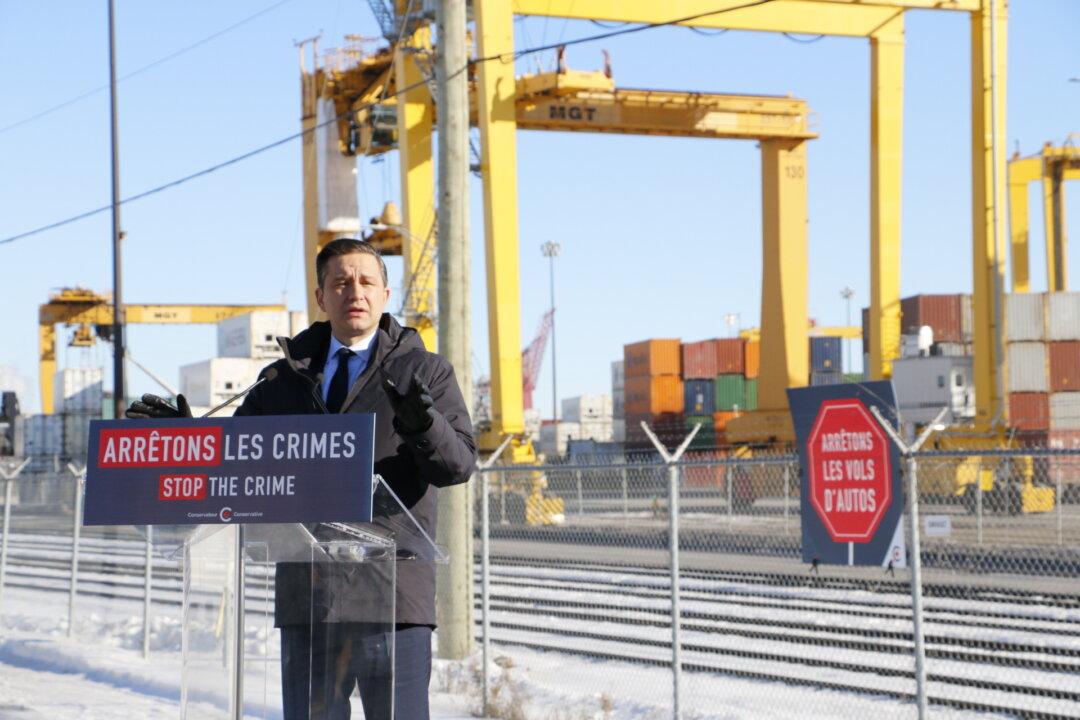The next federal election may not happen until late 2025, but with the Tories’ commanding lead in the polls, their policy proposals are being given the increasing weight of campaign promises.
The latest promises revolve around the issue of rising crime, with Conservative Party Leader Pierre Poilievre proposing measures to combat extortion and car theft.





